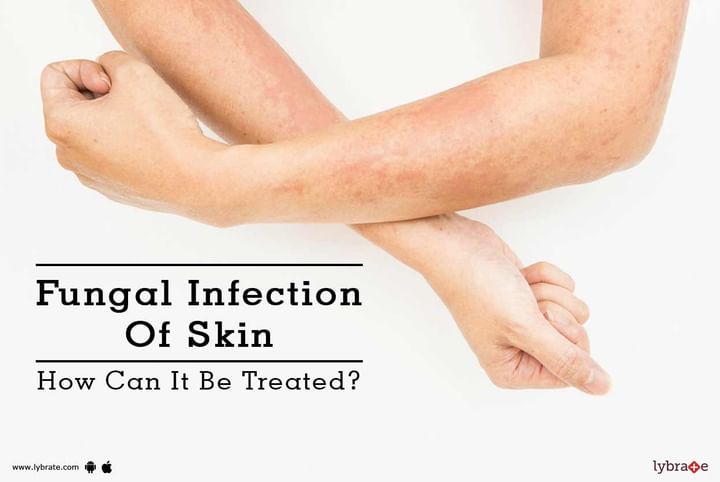Fungal Infection Of Skin - How Can It Be Treated?
Your skin is the largest and most sensitive organ of your body. Funguses that live in the human body especially armpits, groin area, nails, and feet, cause fungal skin infections. Weak immunity is the leading cause, with over 300 million people fighting fungal infections globally, every year.
Some of the common types of fungal skin infections are-
• Athlete’s foot- Also known as Tenia pedis, Athlete’s foot occurs when the tenia fungus begins to grow on your feet. It is most commonly associated with athletes because it grows in warm and moist climates such as in socks, near swimming pools and in locker rooms.
Symptoms of athlete’s foot –
- Infected area becomes soft and layers of skin begin to peel off
- Redness, blisters, and cracking of skin
Treatment includes applying of topical antifungal ointments such as terbinafinewhile, severe cases may require oral medication.
• Ringworm – Ringworm is a highly contagious skin infection and is spread by person-to-person or pet to person contact. The fungus can also spread through infected towel, clothes, and mud.
Symptoms of Ringworm –
- Red itchy patches on the skin which develop into raised ring like bumps
- Formation of scales on the patches
Treatment of the infection includes medicines like miconazole.
• Jock ‘s itch- Also known as Tinea Cruris, these fungi thrive in moist and warm areas of the body such as the groin, inner thighs and buttocks.
Symptoms of Jock’s itch –
- Itchy red circular rashes over the body and burning
- Chafing and peeling of the infected area
Treatment includes prescribed medication and maintaining personal hygiene.
Prevention is better than cure when it comes to fungal infections. Visit a doctor at the first signs of infection. A medical exam is the best way to detect the cause of a skin infection.



+1.svg)
